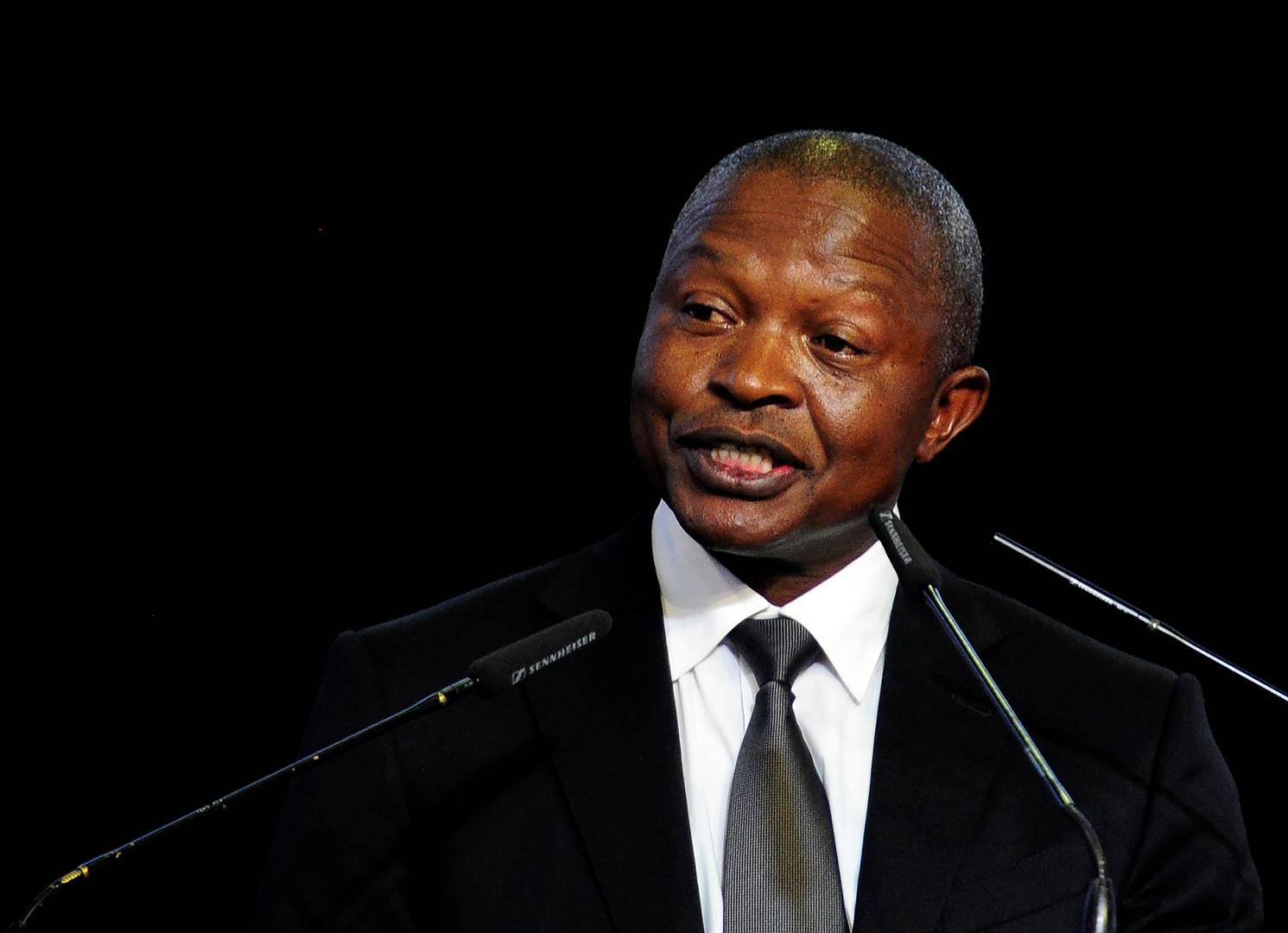Africa-Press – South-Africa. Deputy President David Mabuza warned that total debt owed to Eskom by municipalities surged by nearly R5 billion in four months up to July.
Mabuza was replying to questions in the National Council of Provinces on Thursday afternoon. The deputy president was being quizzed by Members of Parliament (MPs) on progress by the government’s National Energy Crisis Committee in addressing the utility’s operational and financial troubles.
In July, President Cyril Ramaphosa announced the establishment of the National Energy Crisis Committee. The announcement was part of his energy action plan, which includes a change in regulations to allow municipalities to procure power independently.
Everything you need to know about Eskom’s proposed new tariffs
Mabuza said the committee was working with the Department of Public Enterprises, Eskom, and indebted municipalities to address the debt owed to the municipality, while the entity tackles the colossal debt of nearly R400 billion which it owes to financial institutions.
“Debt owed by municipalities to Eskom remains a major challenge to the entity’s financial stability. Debt owed by municipalities by Eskom has since grown from R44.8 billion to R49.1 billion between March and July 2022. This is not a desirable state of affairs for Eskom and municipalities,” said Mabuza.
Mabuza said the committee continued to help Eskom improve revenue collection and enter into service-level agreements with municipalities including Maluti-A-Phofung local municipality in the Free State, which owes Eskom R6.5 billion.
Progress is also made to fast-track municipalities’ procurement of power from private players.
“A municipality can go out on a tender to invite investors to invest in power generation to meet consumers’ needs. A lot of municipalities are in that process now. We think that will alleviate the pressure on Eskom and create competition,” he said.
Mabuza warned that while successful debt recovery from municipalities would help Eskom reach its savings target of R61.8 billion by 2023, these savings will not necessarily reduce electricity tariff increases. Rather, they will help Eskom to absorb the increase in diesel costs and the wage bill, Mabuza said.
“As part of internal cost efficiencies and equity conditions, a cost savings target of R21.4 billion for the 2023 financial year, and a cumulative R61.8 billion over the medium-term of 2020 to 2023, has been set by Eskom.
In July, Eskom and unions signed a wage deal for a 7% wage increase across the board after the entity initially offered a zero percent increase in negotiations.
Eskom’s De Ruyter meets with CEOs to hash out solutions
‘Not just a scapegoat’
In a supplementary question, EFF MP Andrew Arnolds asked Mabuza: “Why more talk shops instead of fixing an old energy crisis? Is this committee not a scapegoat for accountability?”
Mabuza replied: “I don’t agree that the committee is a scapegoat. This is the significance that we place on the challenge. We treat it as a crisis and have responded to it in a manner that is equal to a crisis. It means certain policies and procedures and frameworks must be shortened to achieve the desired goals.”
Mabuza said the energy crisis committee was working to help shorten the duration of processes like environmental impact assessment to expedite the South Africa’s efforts to develop electricity capacity.
For More News And Analysis About South-Africa Follow Africa-Press






